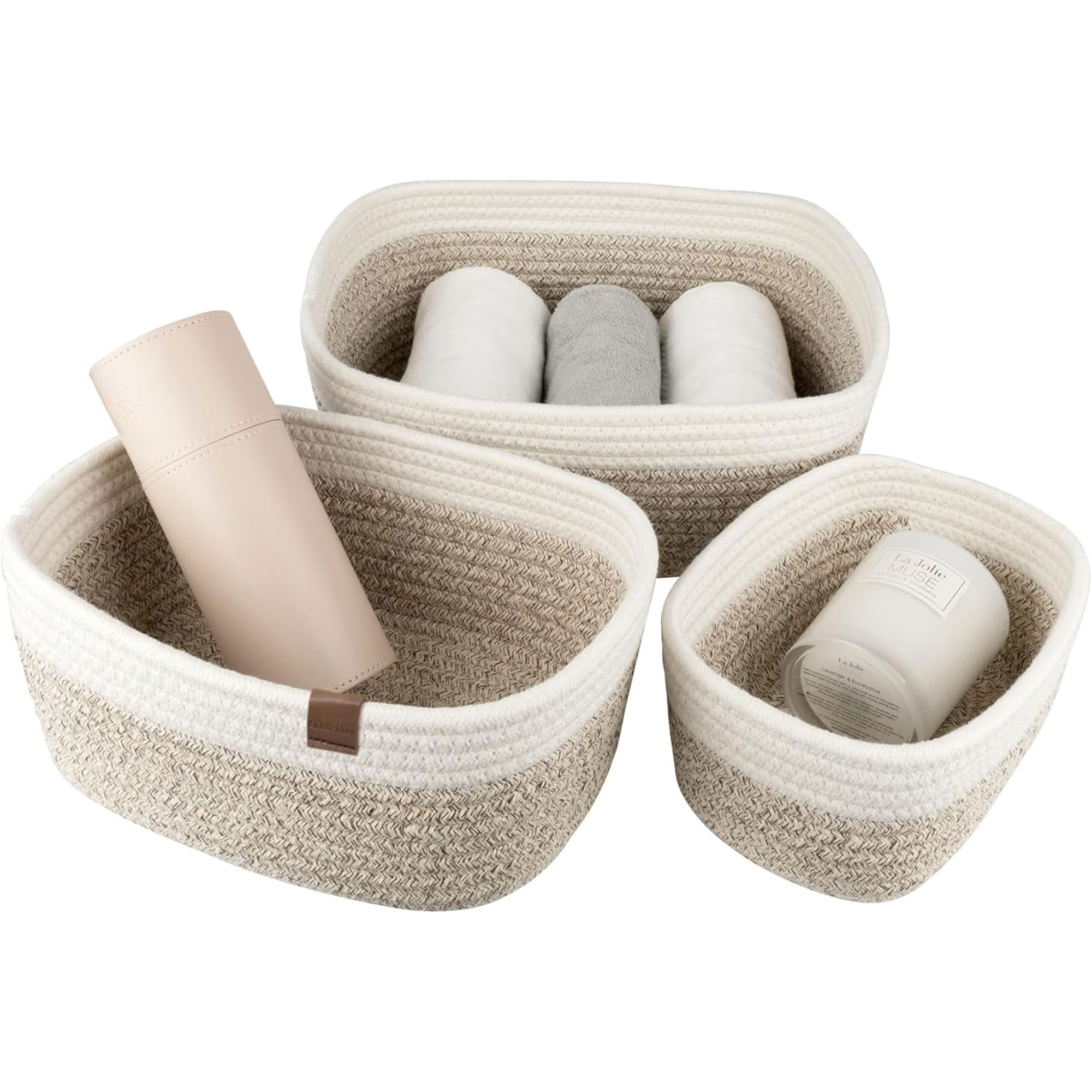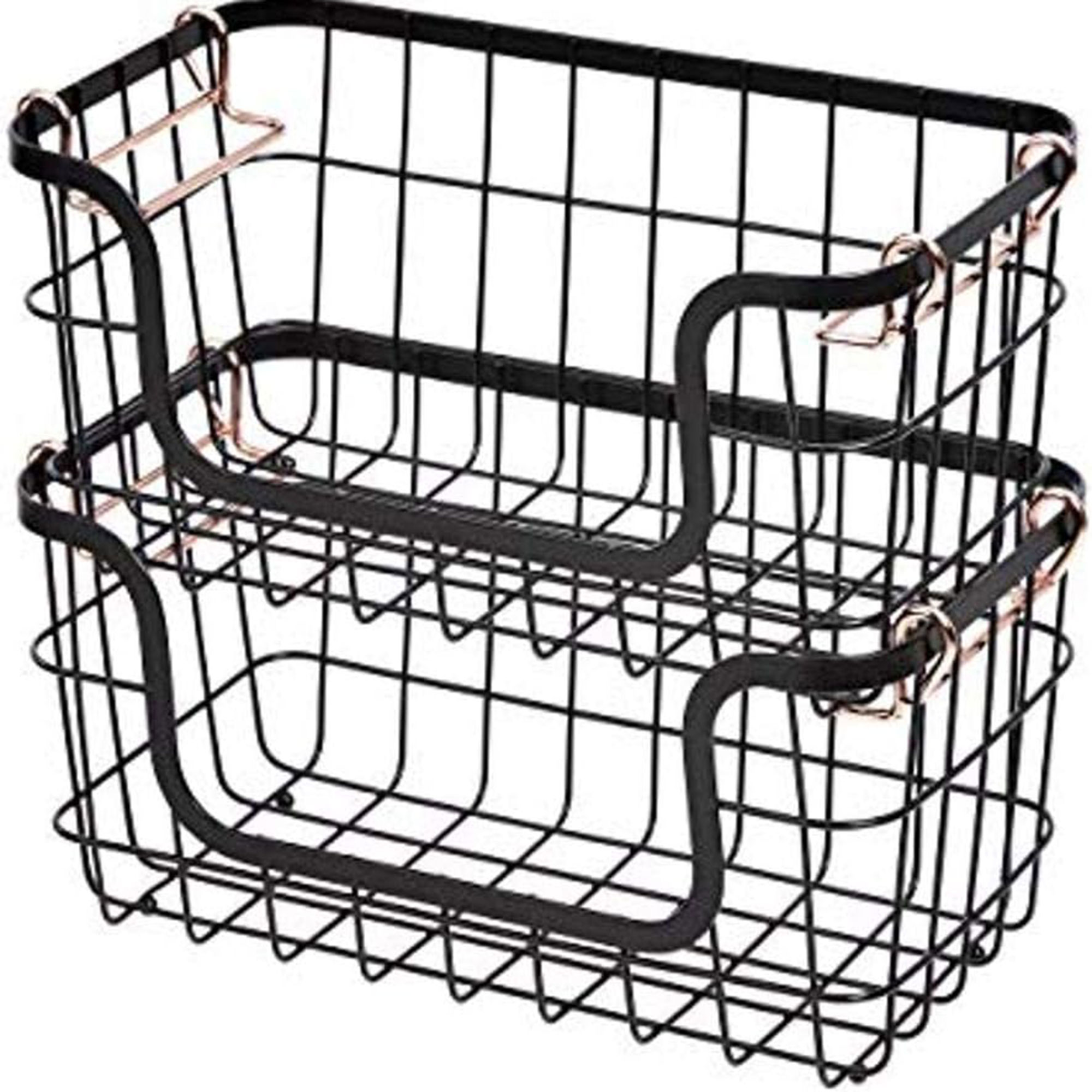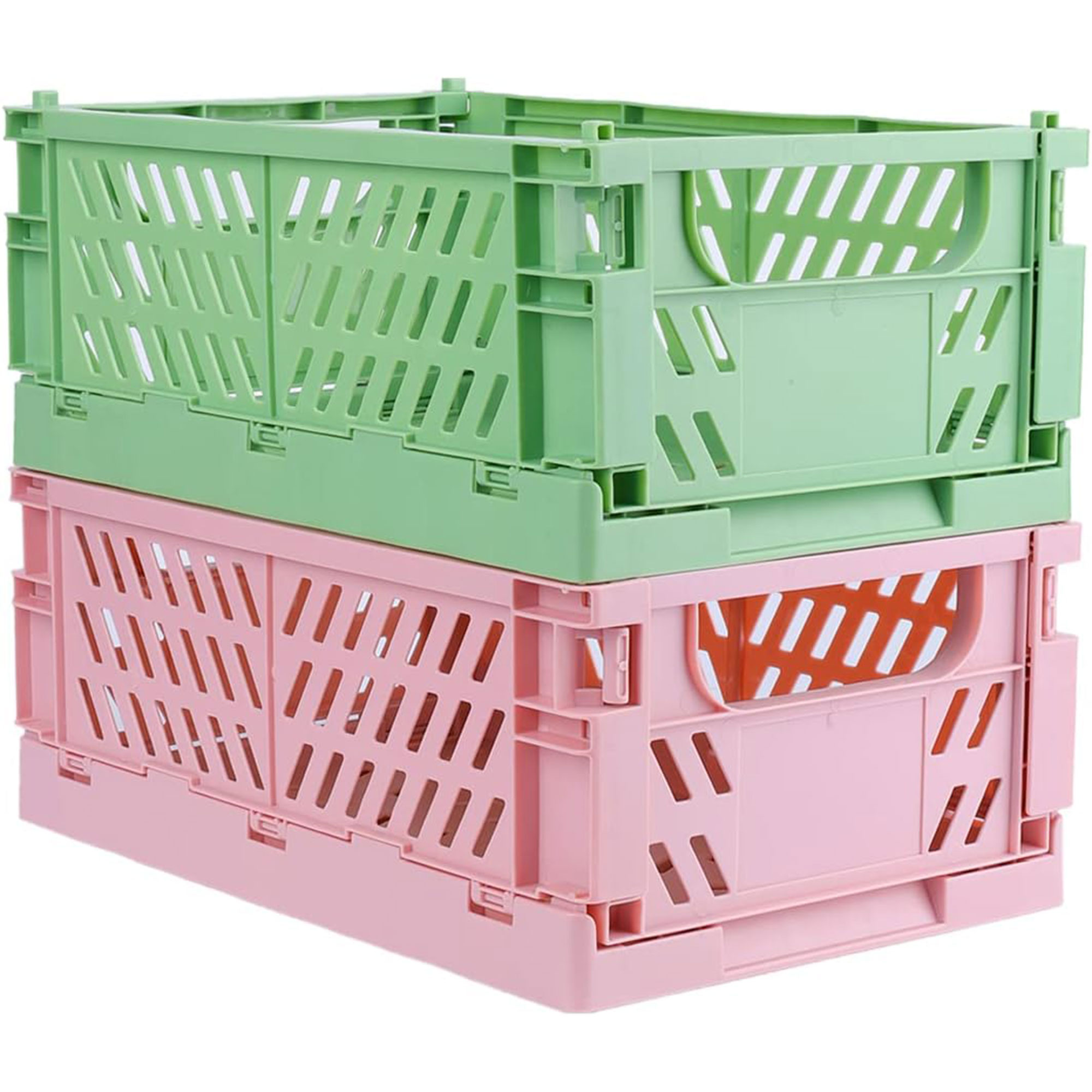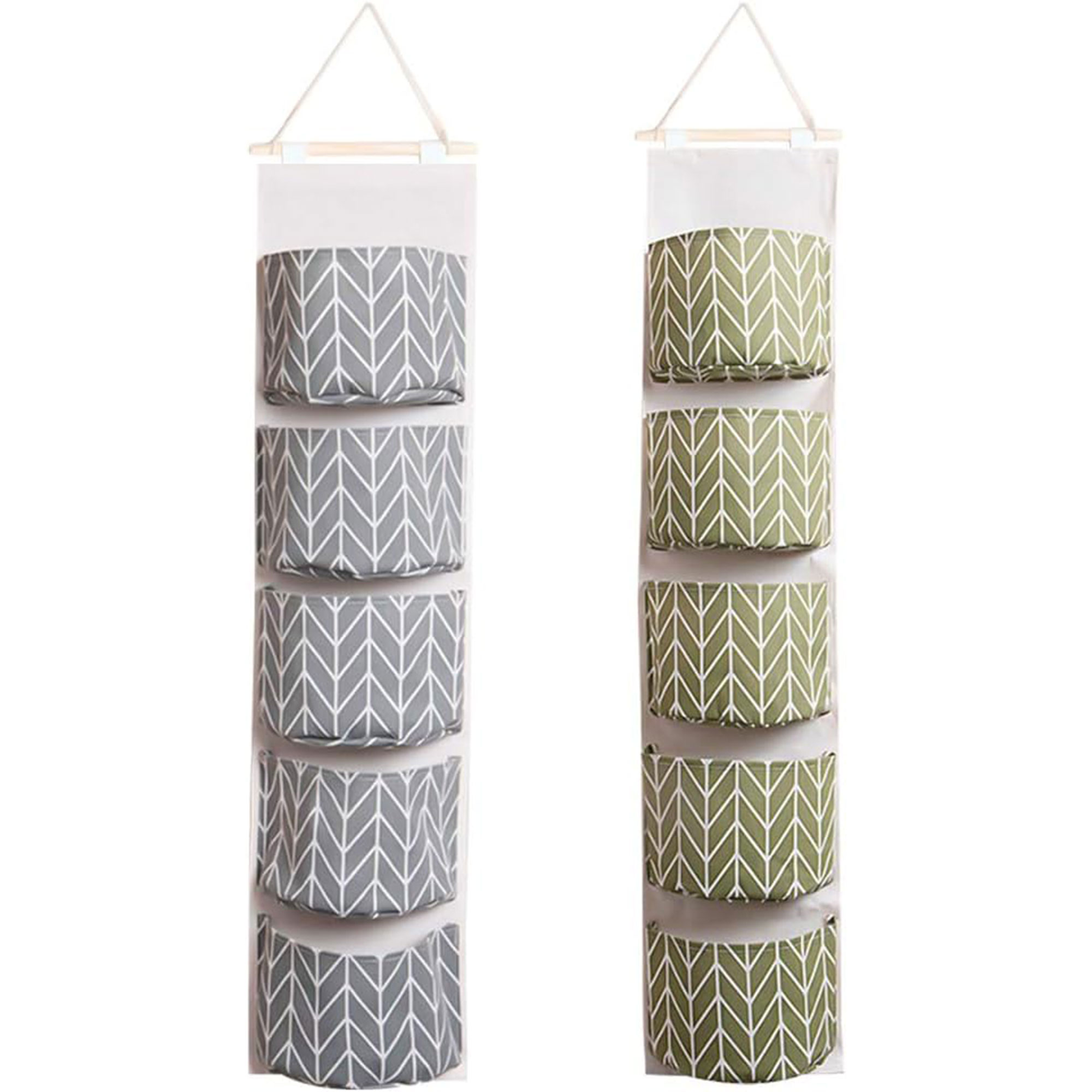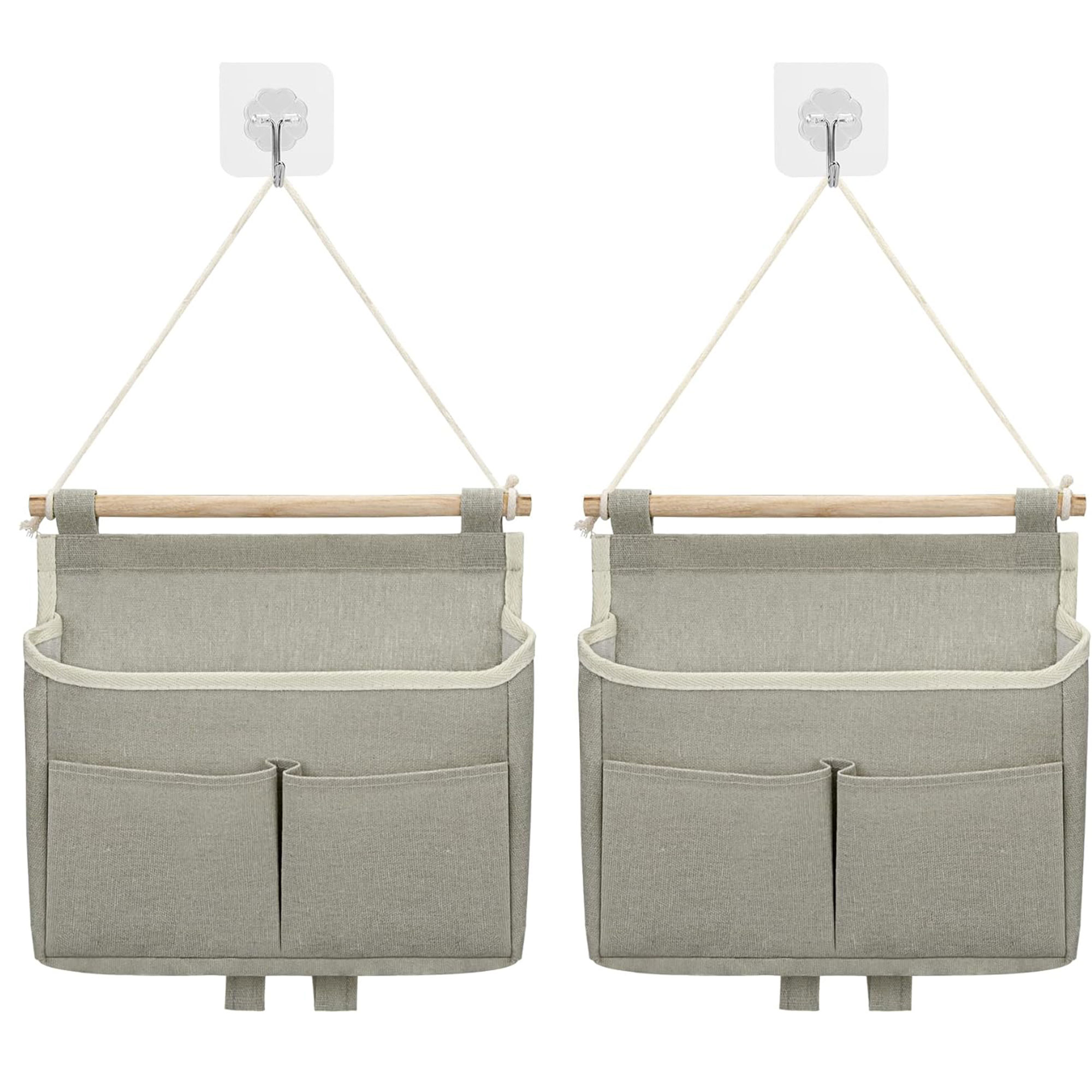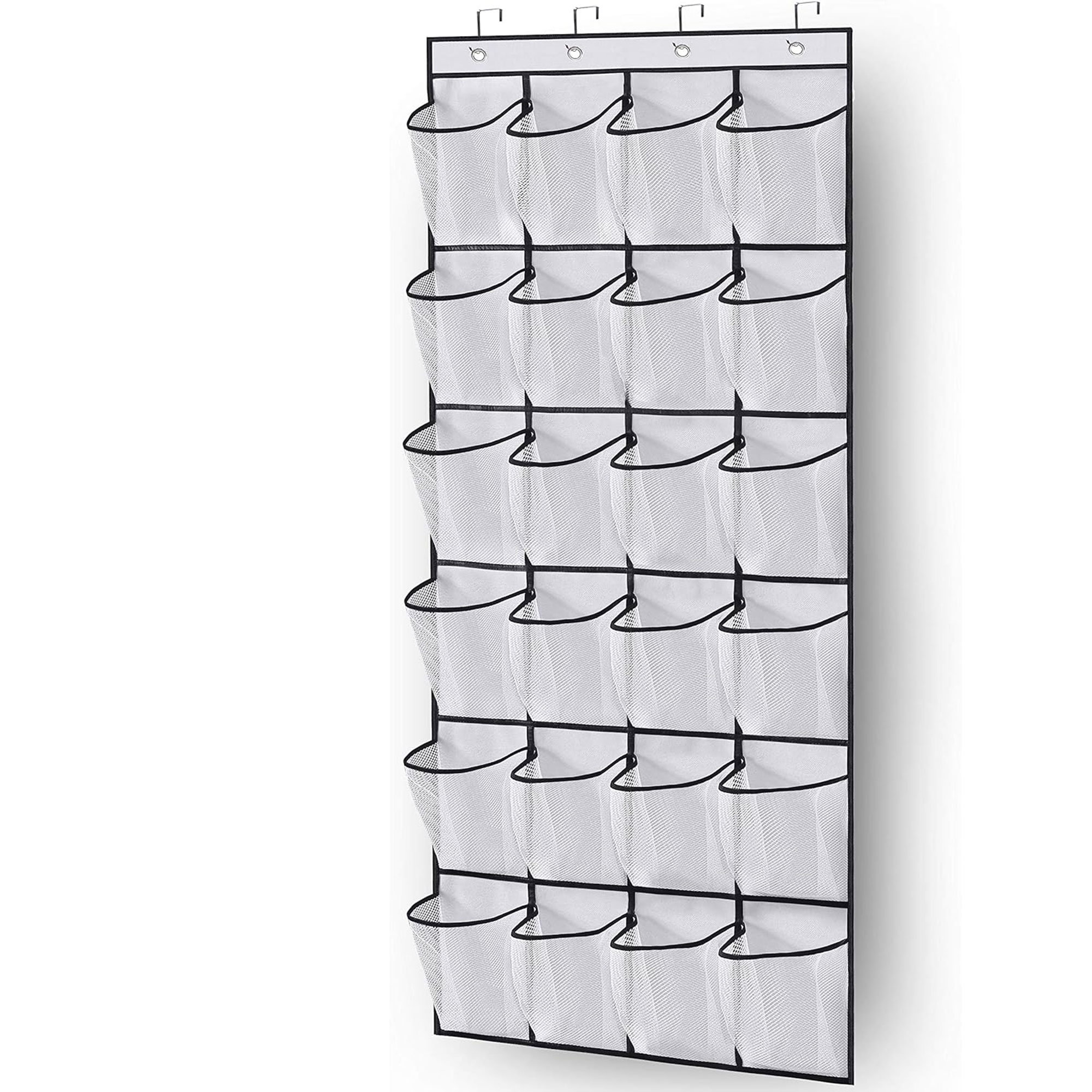How to declutter when you’re overwhelmed - 10 tricks for clearing up when you’re feeling stressed
Keep your cool and tackle the mess
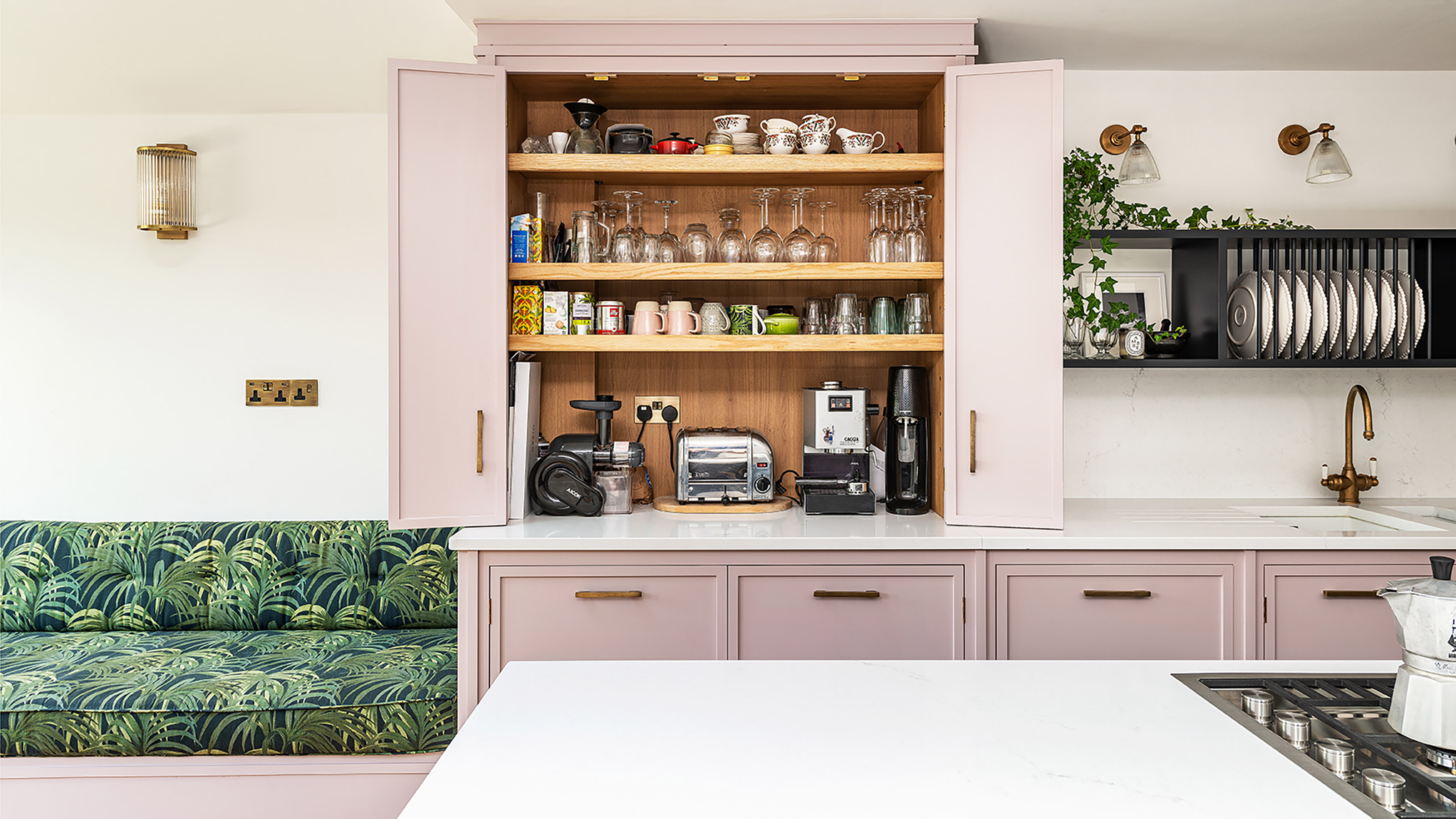


When everything seems too much – too much mess, clutter and general life ‘stuff’ – the prospect of having a clearout can feel overwhelming. At the same time, we know that sorting our life out and finding some physical, mental and emotional space can help ease the load. But where do you start decluttering when you feel overwhelmed?
Just as you need to find a system for cleaning when you feel overwhelmed, it’s all about finding your route through the mayhem and out the other side. We asked organisation experts for their decluttering tips when you’re feeling overwhelmed. Prepare for some clarity and peace of mind…
1. Calm yourself before you tackle your space
‘When you’re feeling overwhelmed, your nervous system is activated, making even the most simple task seem impossible. The good news is you can get yourself out of overwhelm and feel better, which will make decluttering easier,’ explains decluttering and life coach, Beth Lennon.
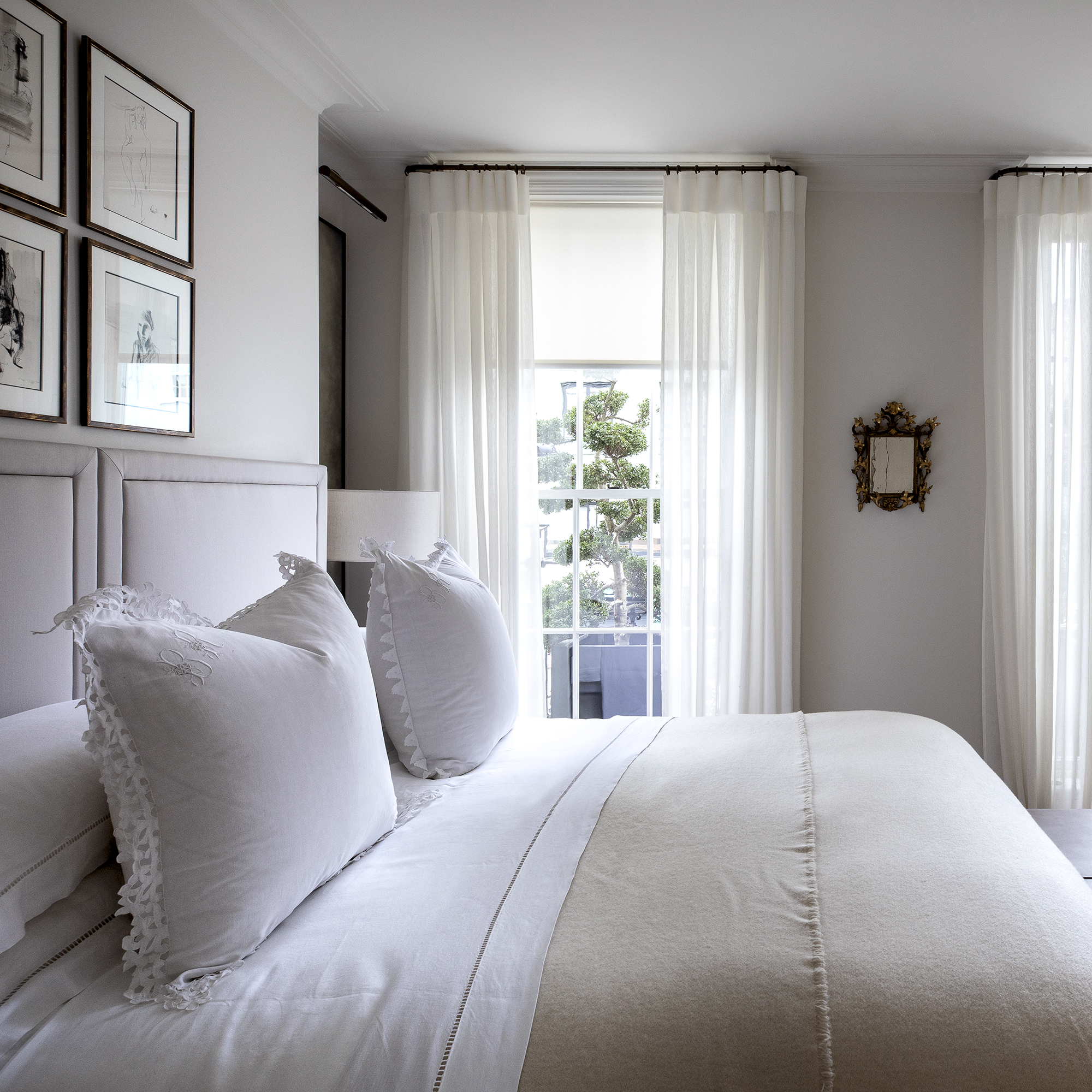
Beth teaches her clients a method she calls ‘All the Downs’ to calm the nervous system: Slow Down, Breathe Down, Quiet Down and Calm Down. ‘Addressing how the body feels when overwhelmed allows the fight or flight chemicals to dissipate, so you’re in a better state to make decisions and take action,’ she says.
‘When you’re feeling better physically and mentally, the next step is to get your thoughts down from your brain by writing them on paper. I highly recommend using pen and paper, as it forges a strong connection between the brain and body. And writing by hand reinforces the slowing down process more than typing would.
‘Write down what you have to do, what you need to do and what you want to do. You can then start the ‘chunking down' process by deciding what needs to be done by a certain time and what can be done later. Breaking down each task into smaller chunks helps to break the habit of all-or-nothing thinking.
‘If the amount of time you’ve allotted to a decluttering task still feels overwhelming, chunk it down even further, until you can commit the task to your calendar at a certain date and time. Knowing that you have a process you can use when the feeling of overwhelm creeps up stops you feeling paralysed and makes decluttering easier.’
Sign up to our newsletter for style inspiration, real homes, project and garden advice and shopping know-how
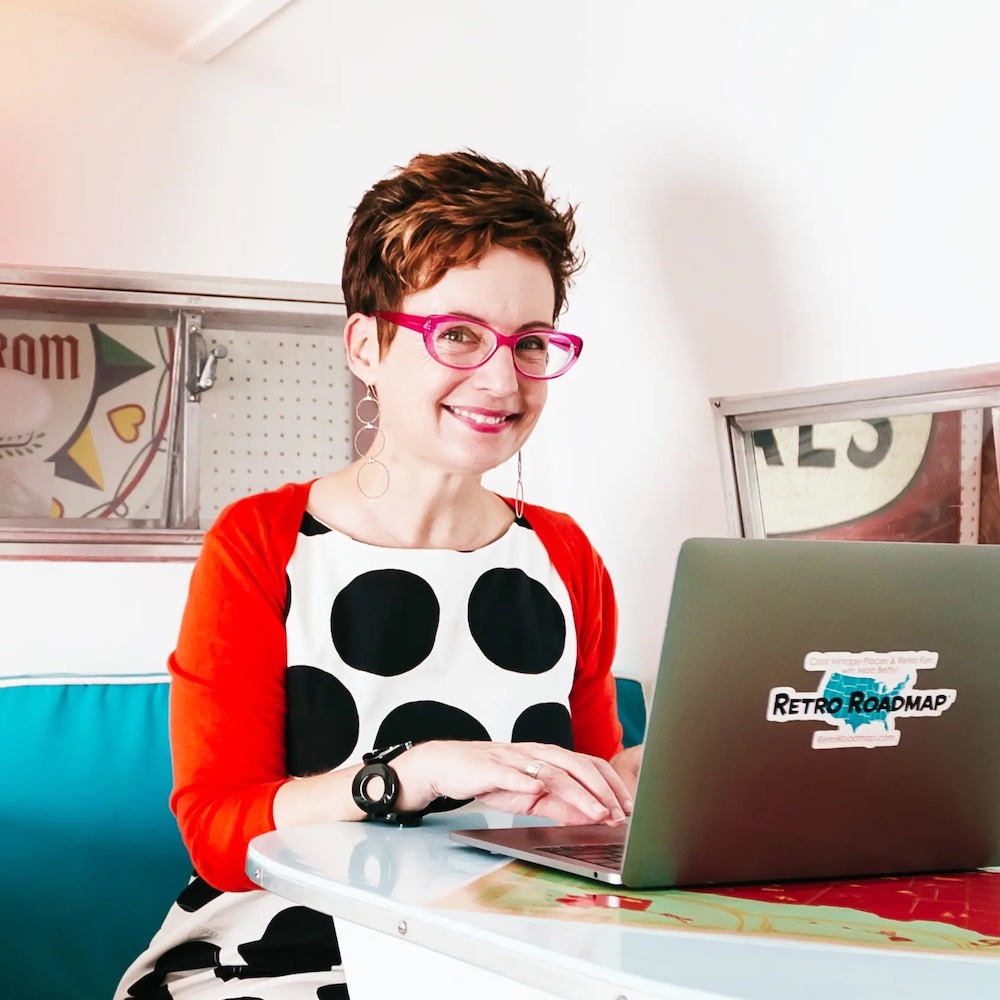
Beth is a former a creative visual merchandiser, process engineer and project manager. She is a certified life coach and with her business Desitination Decluttered, uses all her skills to help people overwhelmed by clutter to create a calmer home and life.
2. Give yourself a reason
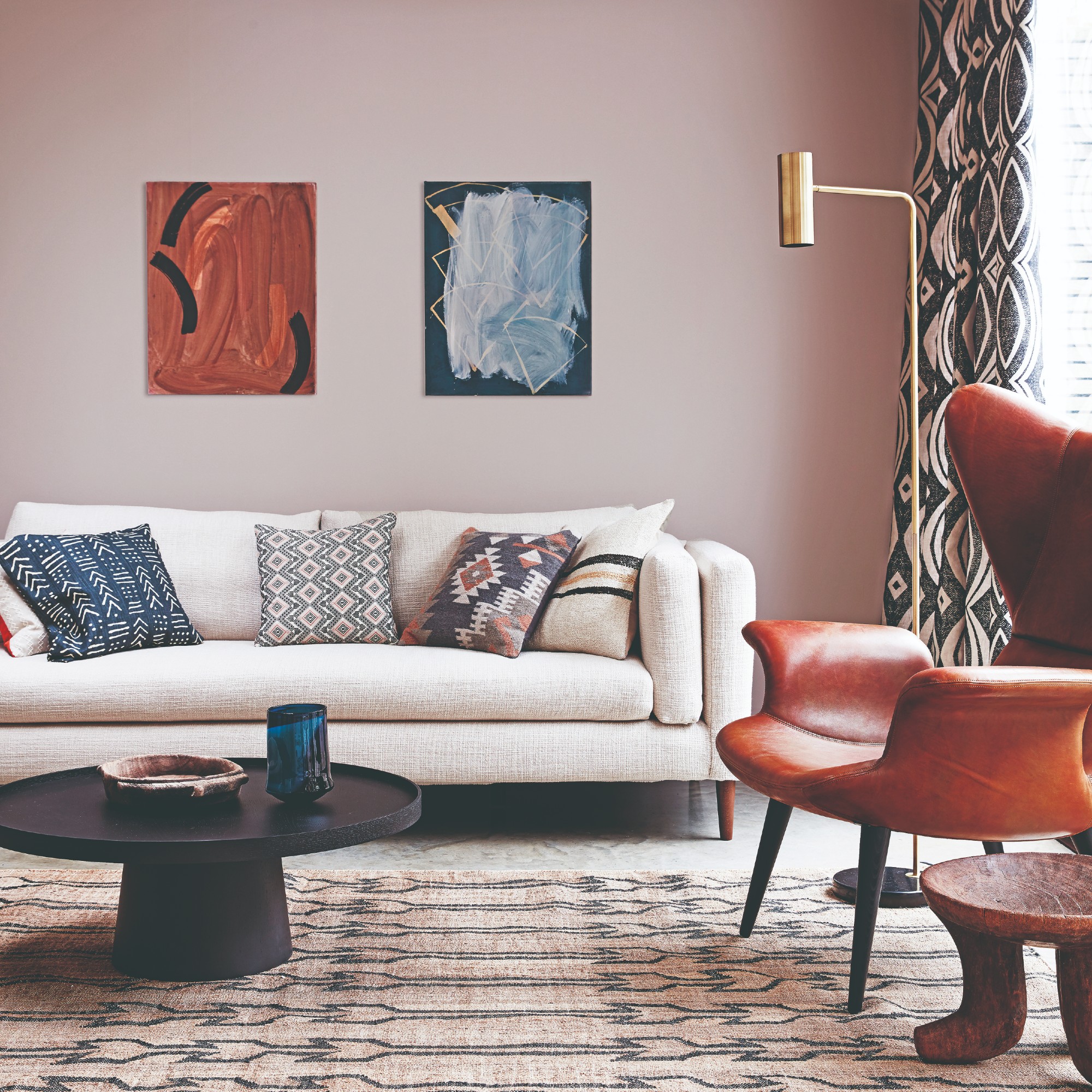
Don’t feel motivated to declutter? You’re not alone.
‘Sometimes feelings of overwhelm mean that we put off tackling a situation altogether. The most common feeling among the family members who we’ve helped was that they were daunted by the task ahead of them and simply didn’t know where to start,’ explains Dilly Carter, declutter expert and co-author of Sort Your Life Out: 3 Steps to Transform your Home and Change your Life.
Dilly's tip for tackling this is to think about the benefits of decluttering. ‘Write out a list of all the “whys”,’ Dilly continues. ‘It might be that you’d like your kids to invite their friends over without feeling embarrassed about where they live. It could be that you’d like to have more time to rediscover the hobby you were once passionate about. Once you can fully understand how this process is going to change your life for the better, then you’re far more likely to finish the task.’
3. Make a plan before you start
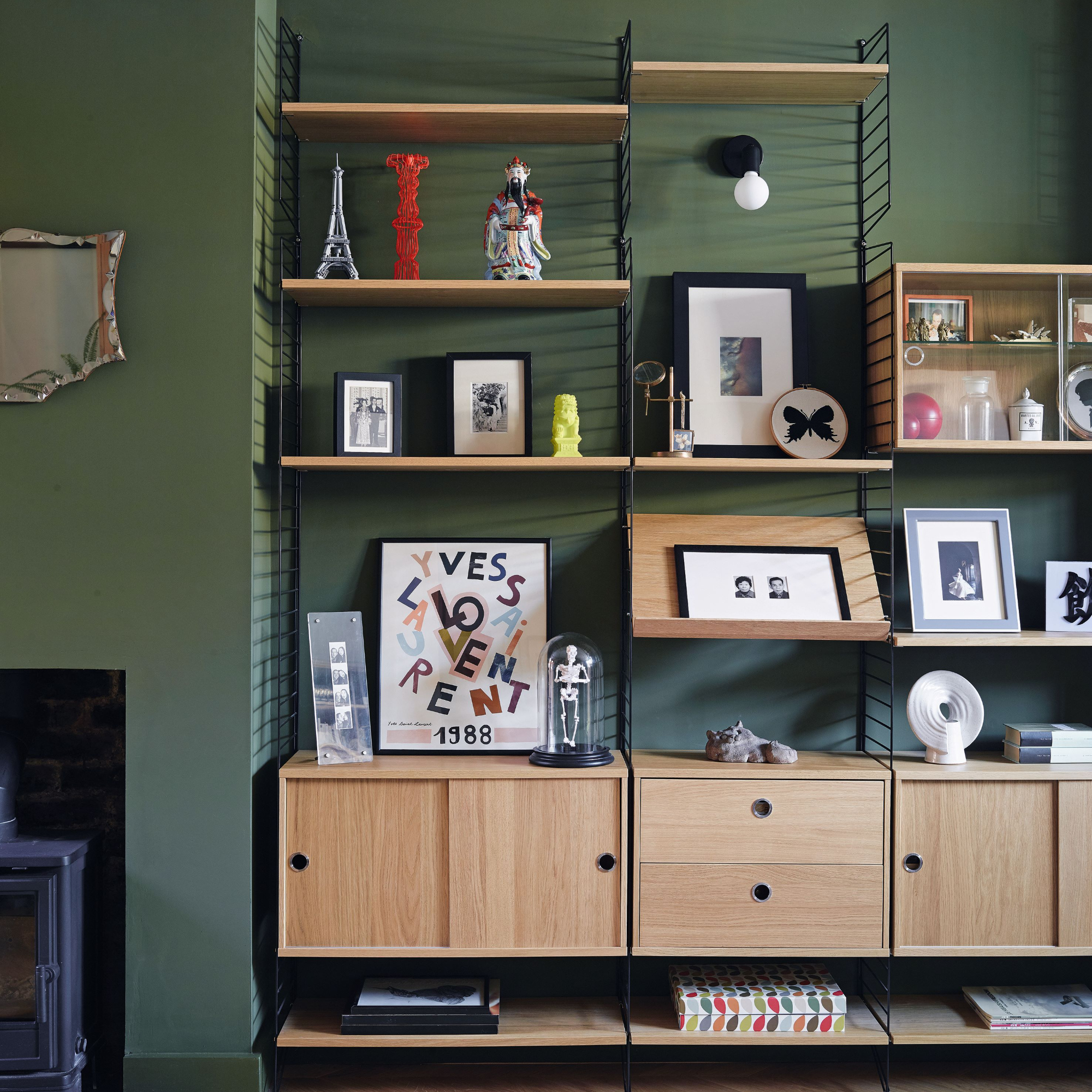
Decluttering effectively takes planning. You need to have a vision of the outcome you want to achieve. You need to be able to identify the steps to get there. And you then need to find the time and motivation to follow through on those steps.
'All of this takes a lot of mental and physical effort, which means that if you are struggling in any way, decluttering can quickly feel overwhelming,' says Joanna Ladocha, founder of Go Win At Life.
According to Joanna, if you already have a lot on your plate, the stress of keeping up with it all can leave you too exhausted to tackle the clutter. Neurological differences such as ADHD or autism may make it difficult to stay focussed on the task.
'Pick a very small area to work on. It might be your purse, one small corner of your desk, one little shelf. Go as small as needed so it feels manageable,' Joanna suggests.
'Set a daily reminder or alarm, and when that alarm goes off, spend as little as five minutes looking for things to declutter from your space. Set a target of a small number of items to declutter daily – five items is better than no items. And celebrate your wins! It’s easy to look at clutter and only see how much more you have to do. But every step, no matter how small, is a step in the right direction, so celebrate your achievements!'
4. Make a small step to start
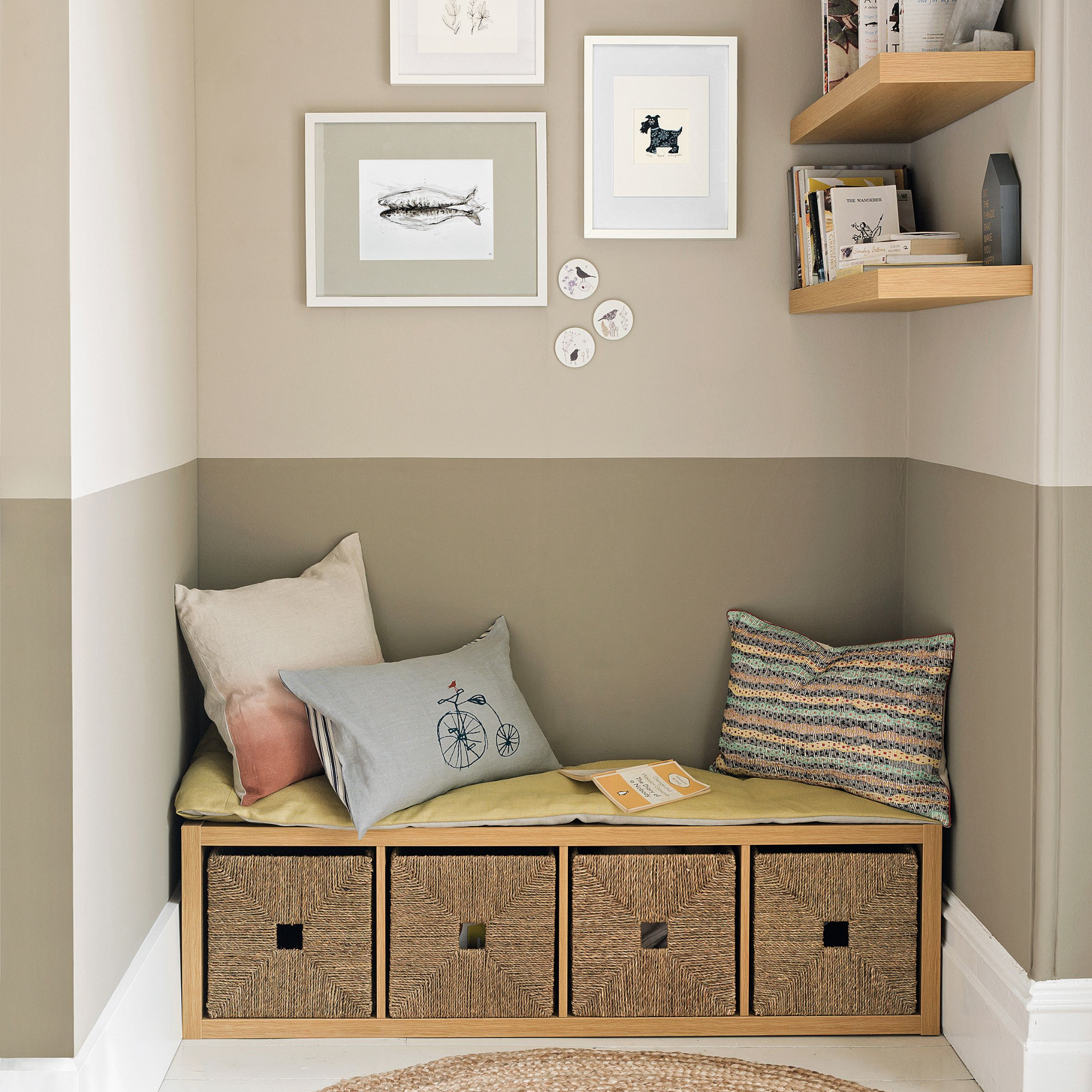
'I truly believe the hardest part of having a clearout is making a start. To help reduce overwhelm try setting a timer for a short period, say 20-30 minutes, and tackle a drawer, shelf or kitchen worktop,' advises Jane Lee, founder of Jane Lee Interiors. 'Remove everything, give it a clean, put back the things you love or are useful, and feel the sense of achievement.'
Jane suggests trying to tackle more emotional possessions first, such as items with sentimental value and family photos. Instead, begin with possessions you’re not that attached to.
'There’s nothing wrong with having a "maybe" box if you’re feeling overwhelmed by the thought of making lots of decisions. Add the things you rarely use but aren’t 100 per cent sure about letting go of. Hide away the box for a set time, say a month or two, then have a look through and see what you would like to keep.'
5. Organise everyday storage
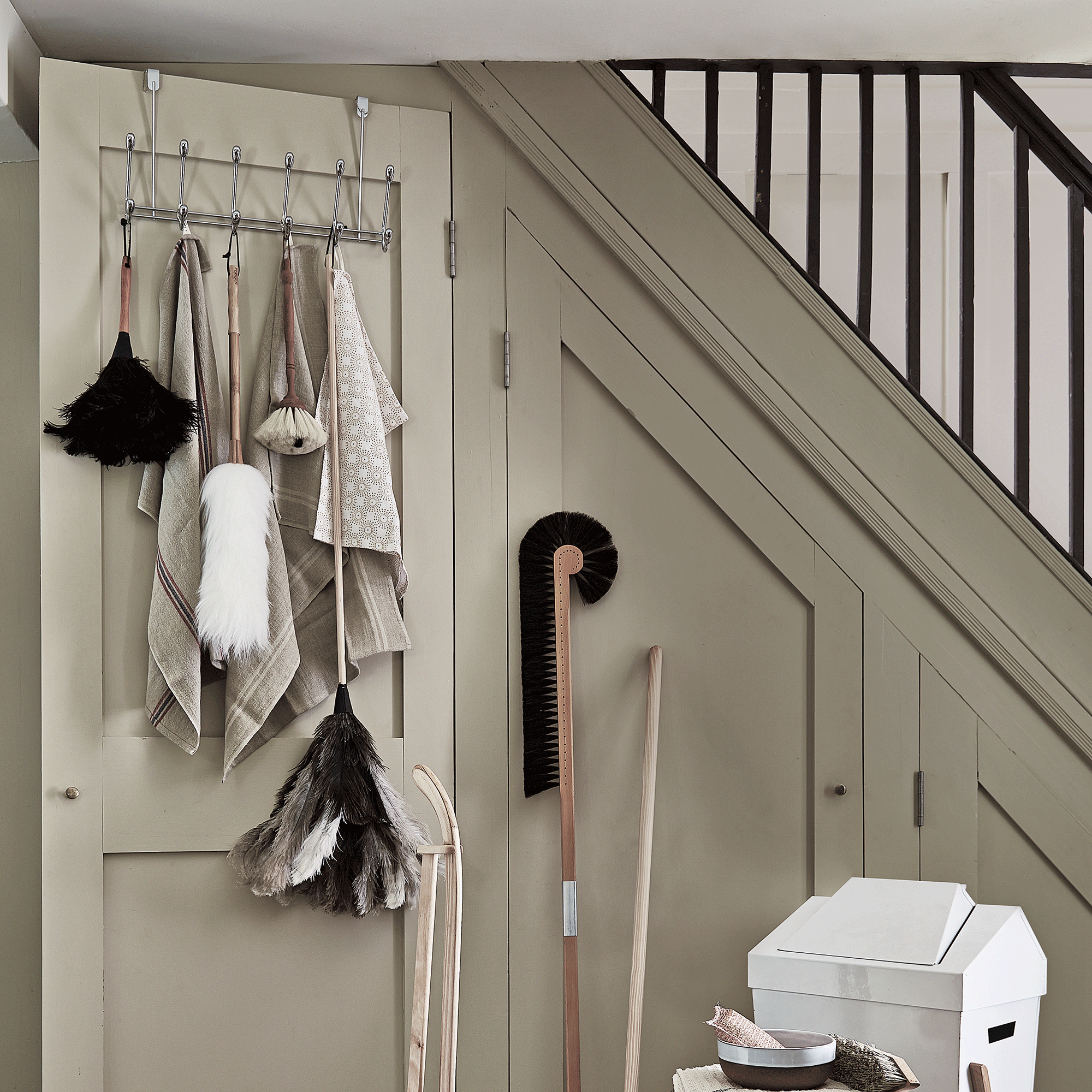
Getting on top of the clutter you create every day can make a world of difference to your feelings of overwhelm. And because you can focus on just one small area at a time, you’re more likely to put a system in place. If you start in one place, make it a family command centre that allows you to customise your family's organisation solutions.
‘Assess your needs and evaluate what you have in an area and what gets used every day. Anything that doesn't fit the season we're in or doesn't belong should be moved elsewhere,’ recommends Rebecca Coombs, APDO member and founder of The Inner Space.
‘If you have kids, think about placing hooks lower down so they can hang up their jackets and bags instead of dumping them on the floor. Create a catch-all drop zone (a bowl, basket or plate) in the hallway or on the kitchen counter for bits and bobs – keys, wallet, coins, etc.
‘Think about visual clutter. What can be contained,’ she asks. Have baskets to tidy toys into, have a place for shopping bags and totes, and keep post in the same place. ‘Practice makes perfect so be consistent,’ Rebecca says.
6. Stop overwhelm at the door
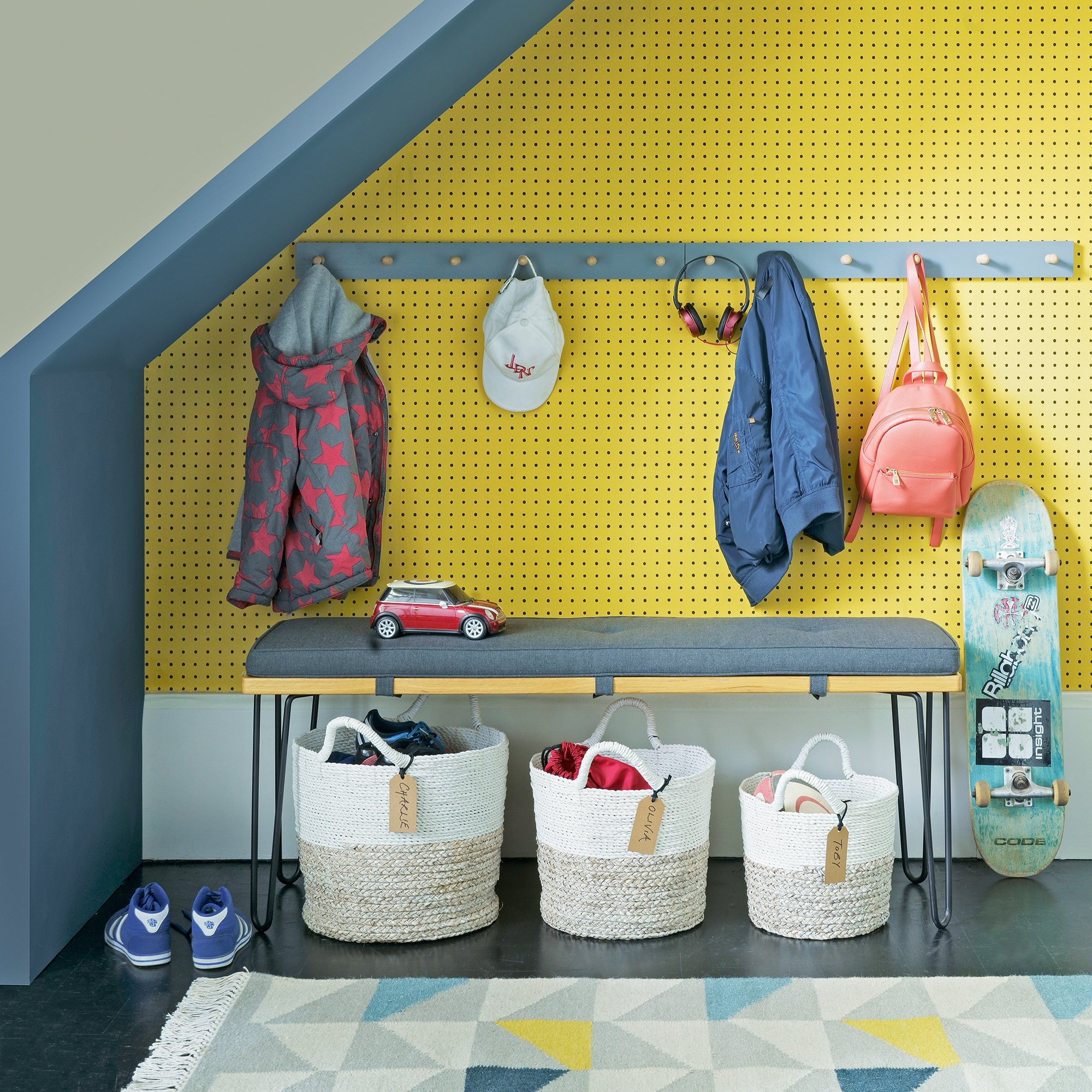
There’s nothing worse than coming home to a mess when you open the front door – it can overwhelm you before you’ve even stepped inside. The answer, according to declutter professional and APDO member Nicola Fraser, founder of Organised Living With Nicola, is to make sure your hallway storage ideas are as organised as possible.
‘The first step is to clear,’ Nicola says. ‘Remove all items from the hall and lay them out in the nearest available space. Group items as you go into categories – for example, a pile for jackets, another for scarves, one for bags. Depending on how many you have and how many people are in your household, you may want to further categorise them by person.'
The next step is the big one – a hallway declutter. ‘Consider when you (or your family) last wore or used the items. Do they still fit? Do you love them? Have some seen better days? Any unwanted or unloved items can be recycled, donated or sold. Have an exit strategy for them, as you don't want to be driving around with these items in the boot of your car for the next six months.’
By this stage, you should feel less overwhelmed, so maintain the mood by only putting back items that you use every day. Otherwise, store them elsewhere in your home, perhaps bringing out coats, for example, by season. ‘Once you've organised your hallway, make it a habit to put things back where they belong. This will help prevent clutter from building up again,’ Nicola says.
7. Prepare a donation station
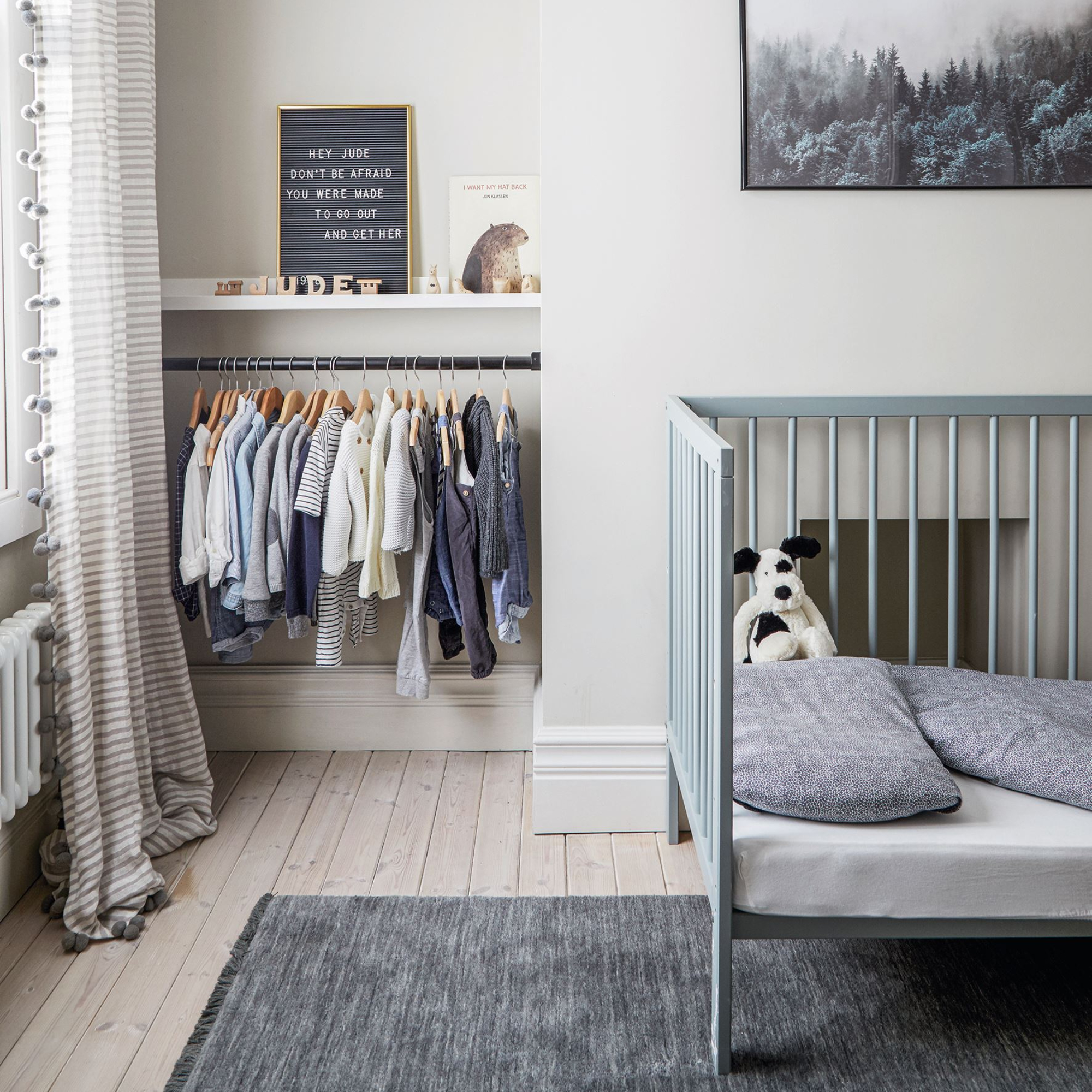
Planning where your clutter will go when it leaves your house stops you feeling overwhelmed with the items you have decided to let go of.
'Prep one donation station where you collect your clutter – know exactly where the pieces going, put them in box and when it is full, take it there straight away,' advises Laura Haddy, APDO member and Founder of Clear The Chaos.
'People often hold onto things because they see giving them away as a waste of items or money. I always show clients how having items that are not living their intended lives is a form of waste. Your just-in-case items could be things that others may need right now. We make this a positive journey where possible.'
8. Hide clutter for a clear mind
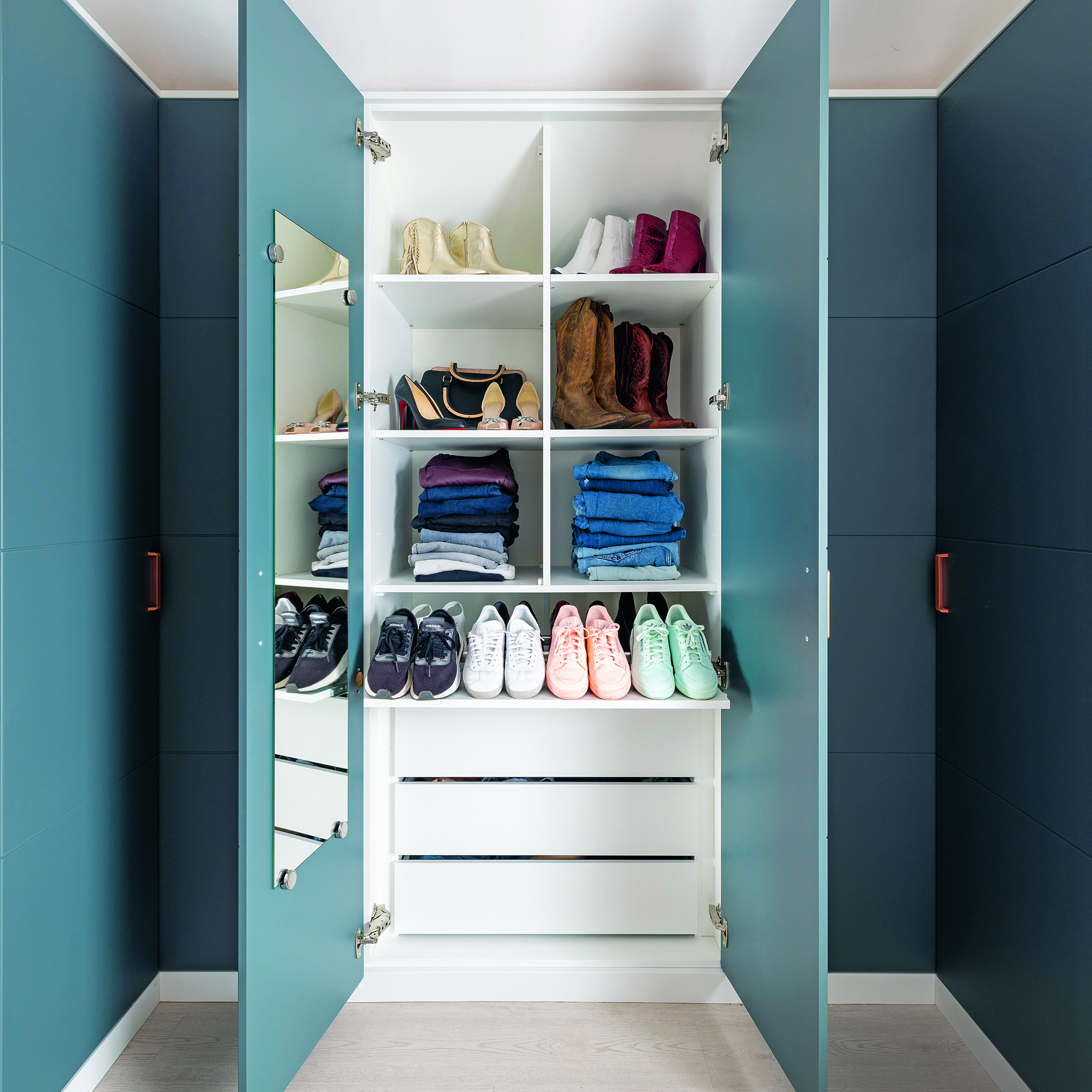
If you’re the sort of person who feels overwhelmed by visual clutter, however organised it is, then additional hanging storage that you can use inside existing cupboards and cabinets is your best friend.
‘It's more aesthetically pleasing to hang over-door storage on the inside of a cupboard door, but check how bulky the storage could be once it's in use – a door that doesn't close properly adds to the feeling of clutter,’ explains APDO member Becky Purchas, founder of White Space.
‘Allocate a pocket or row of pockets to a particular purpose and perhaps label them up, Becky continues. ‘Avoid overloading the storage by decluttering regularly and secure the storage to avoid it swinging or “travelling” along the door.’
9. Take progress pictures to maintain momentum
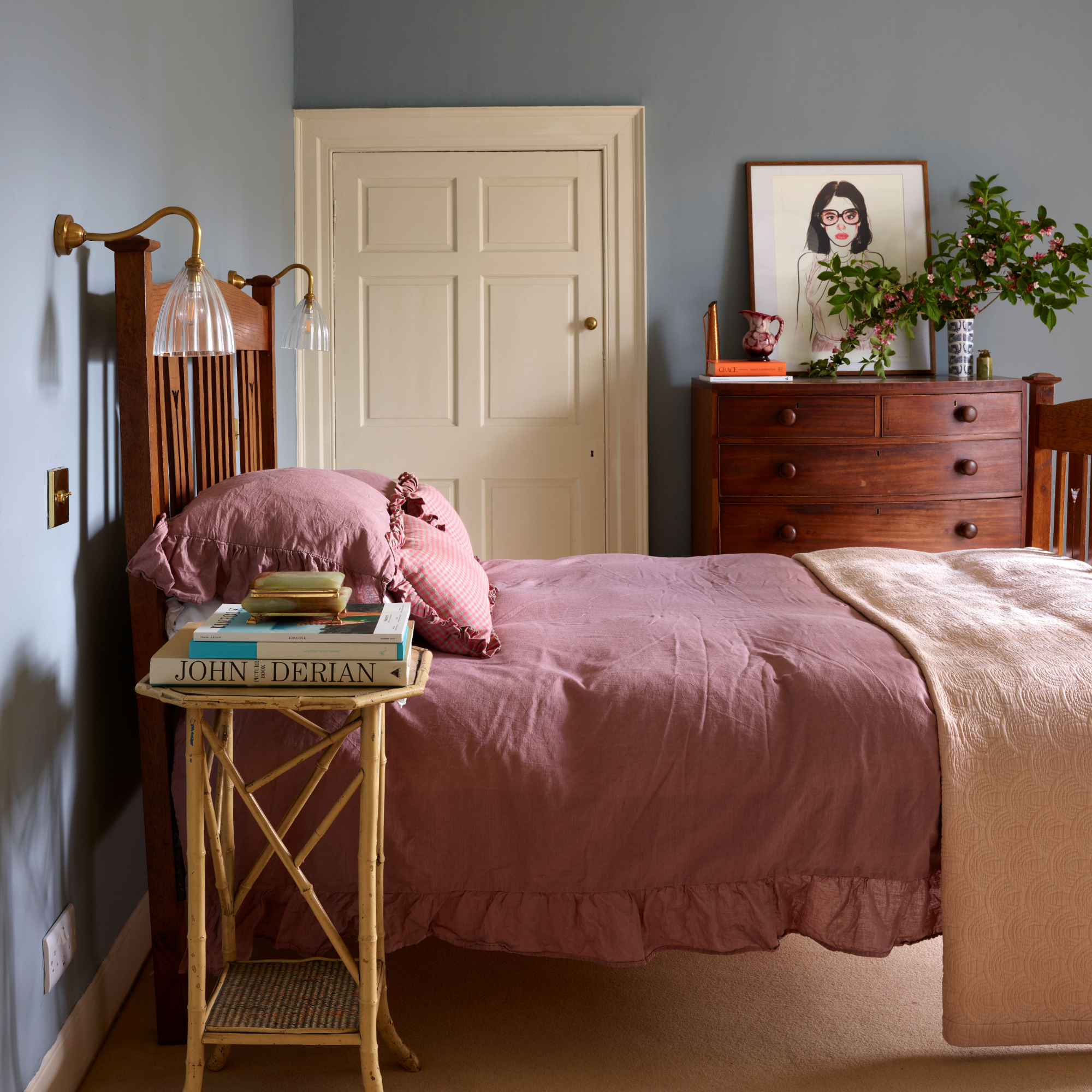
One issue with decluttering is that the situation can sometimes look worse before it gets better – all the stuff hidden in cupboards can look overwhelming when it's pulled out, ready to be sifted and sorted.
'In this instance, progress pictures really help with looking back to keep you going forward,' says Laura Haddy. 'Accept there will be times where you think "What have I started?" But these are the Magic Moments – push through them and the end is in sight!'
If you're still struggling, Laura suggests getting an accountability friend – a friend or relative to give you those little nudges when you need them most.
10. Recentre yourself with a room reset
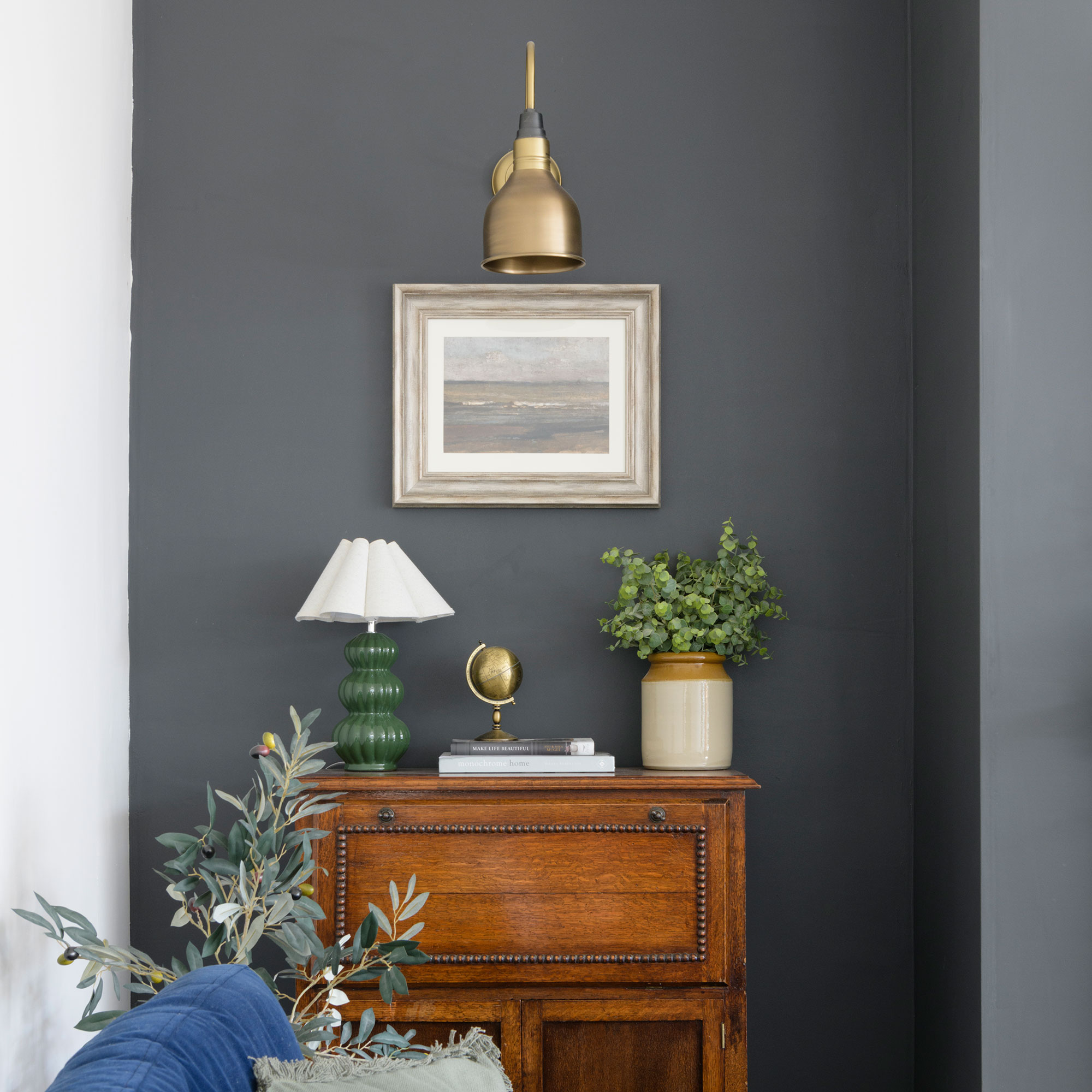
Decluttering and taking a room back to its set purpose is a brilliantly simple way to regain a sense of control. And there are wellbeing benefits when you recharge with a room reset, too.
‘Having a structure to the room gives you control over the day-to-day clutter that is created in the home. It reduces overwhelm and stress when you know that, with a quick reset, order can be re-established in a short space of time,’ explains Jenny Wilkins, founder of Rejig Organising. ‘If the structure is in place, it’s something that doesn't require brain power to manage; instead, it becomes an automatic process and simplifies life’
All our experts advise that, while you can learn how to declutter with overwhelm, the trick to true peace of mind is to stay on top of any mess in the first place. ’The trick is to have the rooms in your home working in sync with each other,’ says Jenny Wilkins. ‘Looking at the function of each room, then seeing how they interlink with each other efficiently, is key to managing overwhelm.’

Andrea began her journalism career at Ideal Home and is currently Editor of our sister title, Country Homes & Interiors, which celebrates modern country style. Andrea is passionate about colour and how it can transform both our homes and our sense of wellbeing, and has completed The Power of Colour course with the prestigious KLC School of Design. Andrea's career spans interiors magazines, women's lifestyle titles and newspapers. After her first job at Ideal Home, she moved on to women's magazines, Options and Frank. From there it was on to the launch of Red magazine, where she stayed for 10 years and became Assistant Editor. She then shifted into freelancing, and spent 14 years writing for everyone from The Telegraph to The Sunday Times, Livingetc, Stylist and Woman & Home. She was then offered the job as Editor of Country Homes & Interiors, and now combines that role with writing for idealhome.co.uk.
